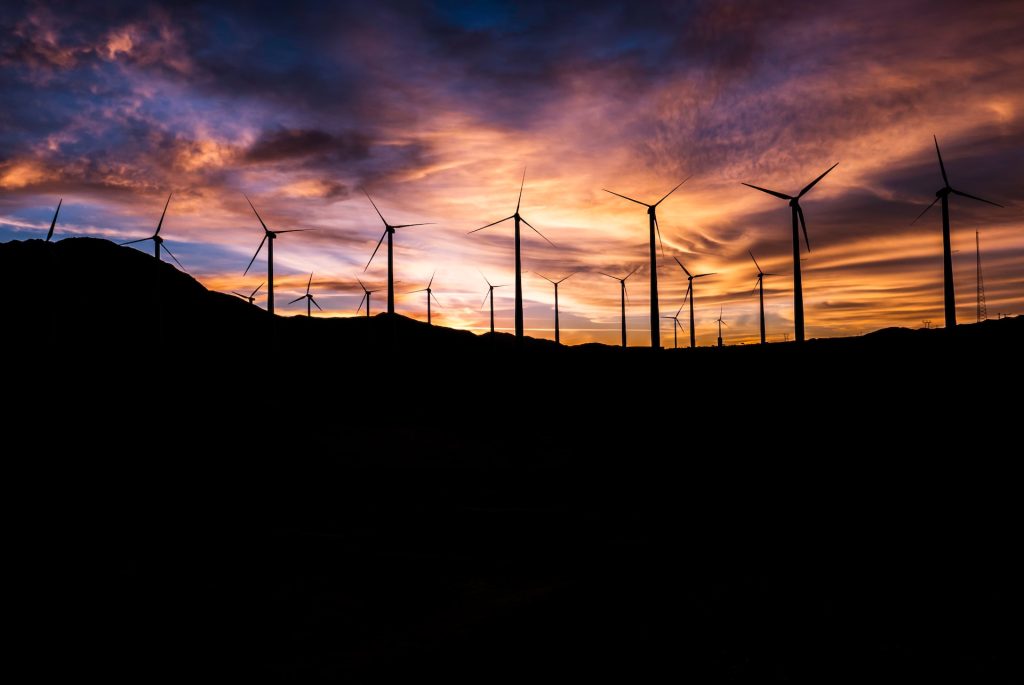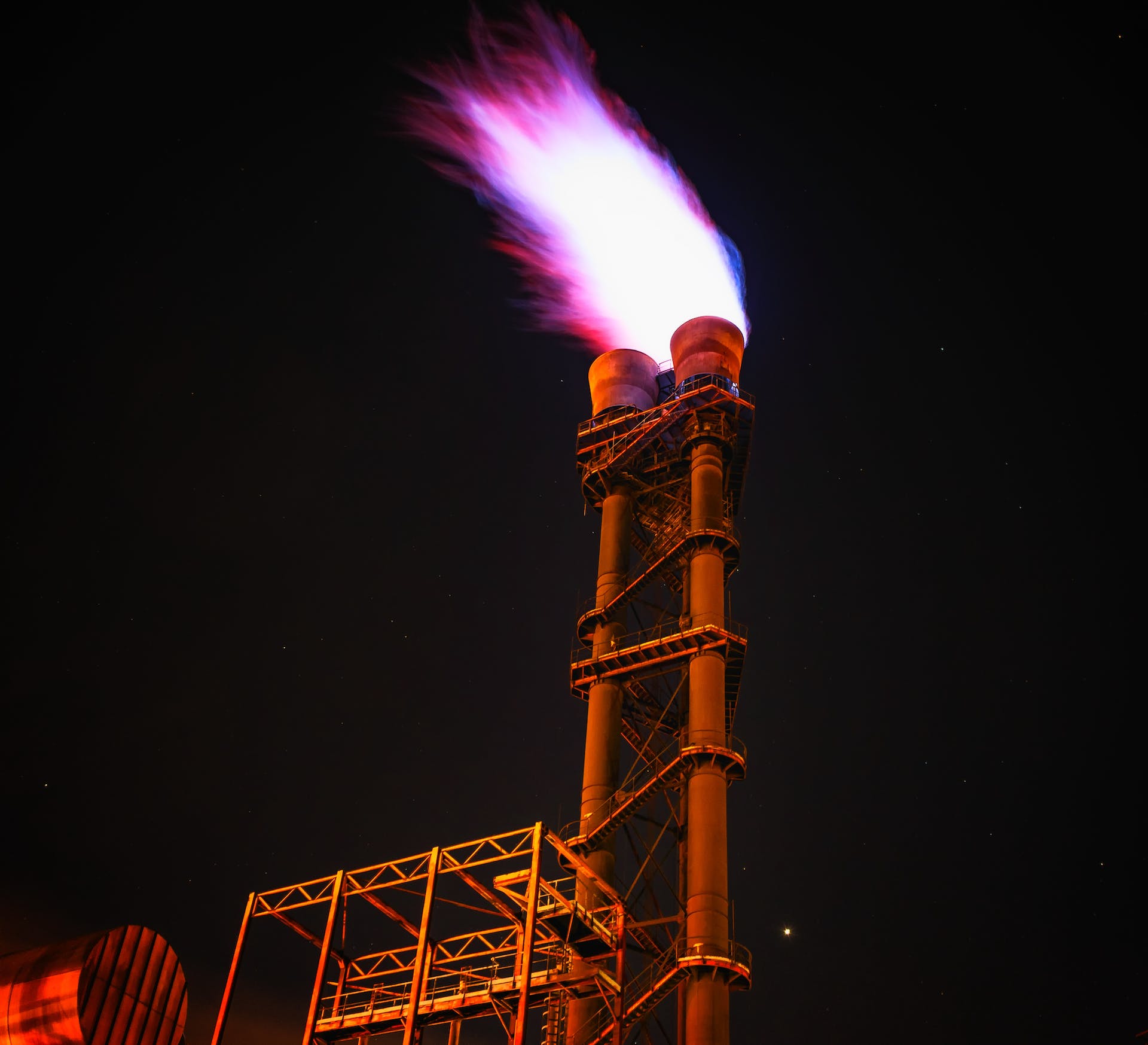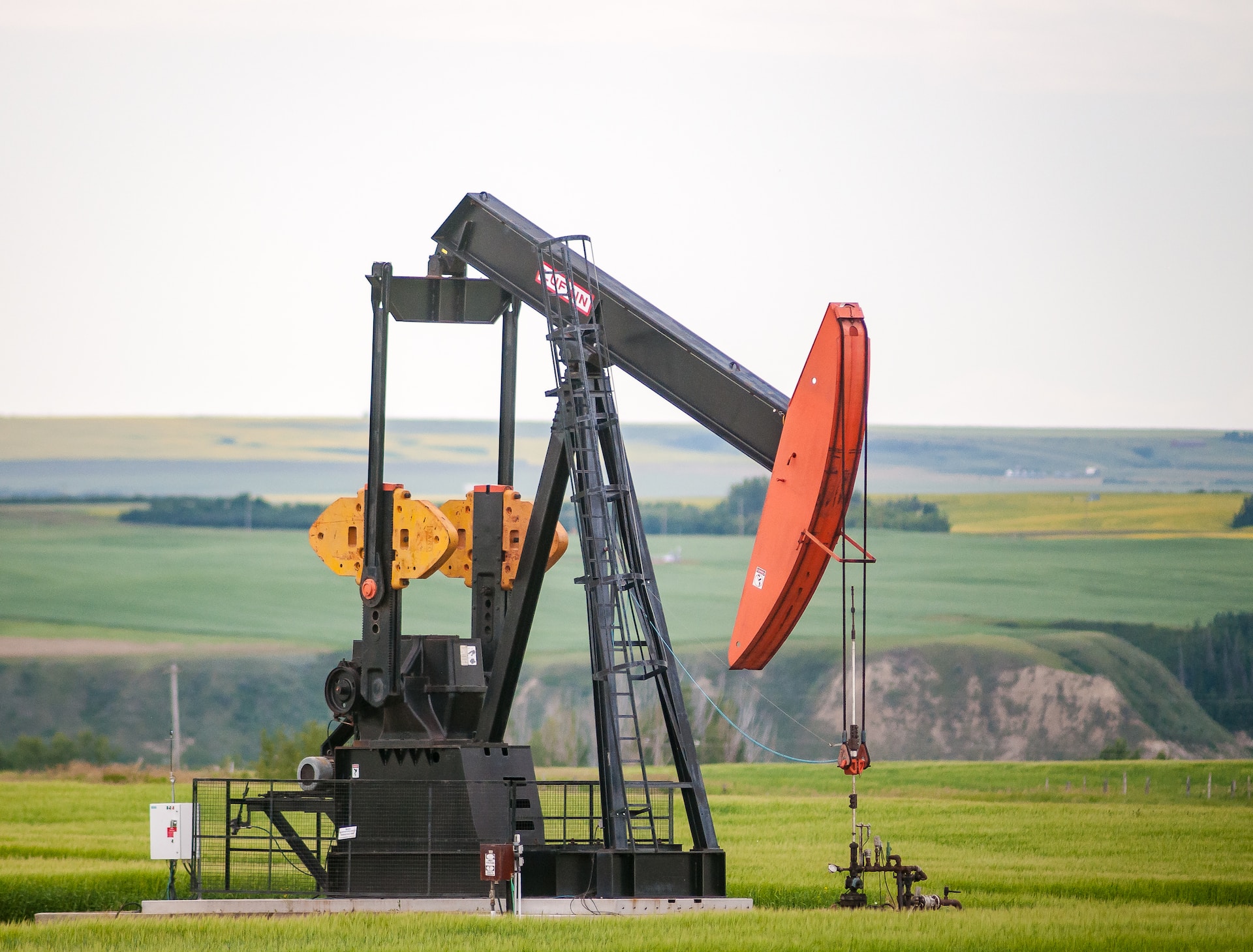
Global Shift to Clean Energy: A Matter of “How Soon”
The world’s pivot towards renewable energy is not just a trend—it’s an “unstoppable” force, according to a recent report by the International Energy Agency (IEA). While the momentum is commendable, the report underscores the urgency to expedite the transition away from fossil fuels.
Renewables Set to Dominate by 2030
Forecasting the future of global energy, the IEA predicts that by 2030, renewables will account for half of the world’s electricity. This is a remarkable leap, considering the strides made in the last decade alone. For instance, in 2020, one in every 25 cars sold was electric. Fast forward three years, and that statistic has dramatically improved to one in five.
Emission Levels: A Growing Concern
Despite the positive trajectory, there’s a looming cloud of concern. The current emission levels are alarmingly high, threatening to push global temperatures past the critical 1.5C threshold. IEA’s Executive Director, Fatih Birol, emphasized, “The transition to clean energy is happening worldwide and it’s unstoppable. It’s not a question of ‘if’, it’s just a matter of ‘how soon’ – and the sooner the better for all of us.”

Overinvestment in Fossil Fuels
One of the major roadblocks identified in the report is the disproportionate investment in fossil fuels. Current funding levels are double the recommended amount, leading Birol to urge governments and investors to champion clean energy transitions.
Controversial Oil Fields and Global Politics
In what appears to be subtle criticism of certain governmental decisions, the report highlights the contentious approval of new oil fields, such as the Rosebank oil field near Scotland. These decisions have drawn ire from environmentalists and have reignited debates on energy security versus climate commitments.

The Challenge Ahead: Meeting Climate Goals
As the world braces for a projected average temperature rise of 2.4C by 2100, there’s a palpable urgency to recommit to the goals set in 2015. Global leaders, converging in Dubai for the COP28 summit later this year, are anticipated to make renewed pledges to combat climate change, including discussions on phasing out “unabated” fossil fuels.
Middle Eastern Tensions: A Reminder of the 1973 Crisis
The IEA report doesn’t just focus on the environment—it also sheds light on geopolitical tensions. With Middle Eastern countries like Iran and Saudi Arabia holding 67% of the world’s oil reserves, rising tensions in the region could have significant implications for global energy markets. The situation is reminiscent of the 1973 oil crisis, which had profound economic repercussions.
Solar and Wind: The Beacon of Hope
Despite the challenges, there’s hope on the horizon. The burgeoning solar and wind energy sectors are poised to offer a sustainable solution to energy volatility. As countries like the UK diversify their energy sources, the promise of a cleaner, more stable energy future becomes increasingly attainable.
©eco-guardians.org